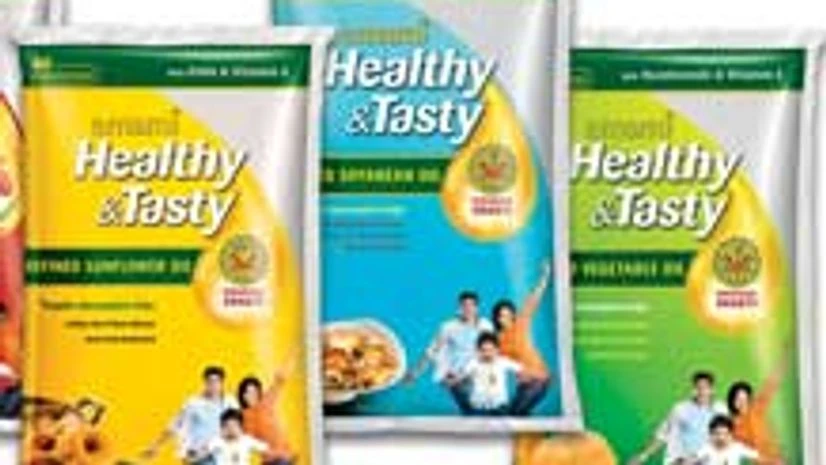Last week, the Kolkata-based Emami Group acquired vanaspati brand Rasoi in a transaction that did not make headlines for its size as much as for the potential that it presented to the FMCG major.
The 70-year-old Rasoi brand, popular in the HORECA (hotels, restaurants, canteens) segment in West Bengal, gives Emami Biotech, the division in-charge of the group’s edible oil and bio-diesel interests, the much-needed presence in a category pegged at Rs 7,000-8,000 crores.
The brand, estimated to have sales of Rs 150 crore, is said to have been acquired for under Rs 50 crore by Emami. Company officials declined to specify the size of the deal when contacted.
More From This Section
“Vanaspati is a big category (in India) and we intend to take Rasoi into the B2C space and launch it in markets in the north as well as the east,” Aditya Agarwal, director, Emami, says.
But the road ahead is hardly expected to be easy. Here’s why: Rath, a vanaspati brand owned by US major Cargill (which it acquired from AgroTech Foods in 2010), is a popular player in the north and central India. Then there is Dalda, which has a strong equity in vanaspati, and is owned by Bunge, another US company. The latter acquired Dalda a decade ago from Hindustan Unilever.
Typically, edible oil, whose market size is estimated to be in the region of Rs 75,000 crore, is fragmented with small players dotting the landscape. The unbranded segment constitutes 60 per cent of the market.
On the branded side, there are a number of regional players operating across the country with their pocket-boroughs of strength such as Kaleshwari Oil Mills in the south (popular for its Gold Winner brand of edible oils) and Tirupati Industries in the west. The ones with a national footprint include Adani Wilmar and Ruchi Soya besides Cargill and Bunge.
Agarwal says he is conscious of the competitive landscape. “This business is important to us and we have demonstrated in the last few years that we can hold our presence in the category despite competition coming from different quarters,” he says.
Emami Biotech, which Agarwal says has a turnover of Rs 3,300 crore, is a fairly strong player in the east with brands such Healthy & Tasty and Himani Best Choice, say industry sources. These brands have soyabean, sunflower, mustard and refined vegetable oils. Agarwal says that the company is looking at more regional acquisitions to ramp up its presence in edible oils and is also undertaking capacity-expansion to achieve its national ambitions.
“Our refining capacity is 3,600 tonne a day thanks to two plants, one located in Andhra Pradesh and the other in West Bengal. We are setting up a third refinery in Gujarat in the next two years, which should help us increase our capacity to 6,000 tonne a day,” says Agarwal.
Effectively, with the capacity expansion, Emami will pit itself against the likes of Ruchi Soya and Adani Wilmar, the makers of the Mahakosh and Fortune brand of edible oils, respectively. Both Ruchi Soya and Adani Wilmar have a refining capacity of 5,000 tonne a day or 150,000 tonne a month, according to industry sources.
While the fight is expected to be tough, this is not the only front where Emami is expected to open fire in the coming years. Branded commodities is another area that the company is eyeing. In the last few years, most edible oil companies in India have successfully ventured into areas such as branded pulses and soya food in a bid to expand their portfolios. Products such as soya food, for instance, are a natural extension of their business, say industry experts, since most companies produce soya bean oil as part of their edible oil operations. The incremental cost of distribution of these products is not much as most players leverage their existing edible oil networks to push these food brands.
Agarwal says that his company may extend Rasoi into branded food products, but that will come in the second phase of its expansion. The possibility of extending Emami’s own Healthy & Tasty is also there, owing to its brand equity in the eastern markets, he adds.

)
